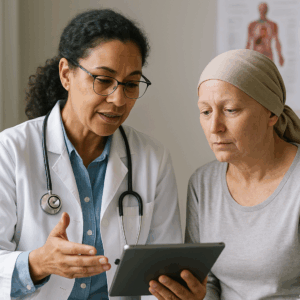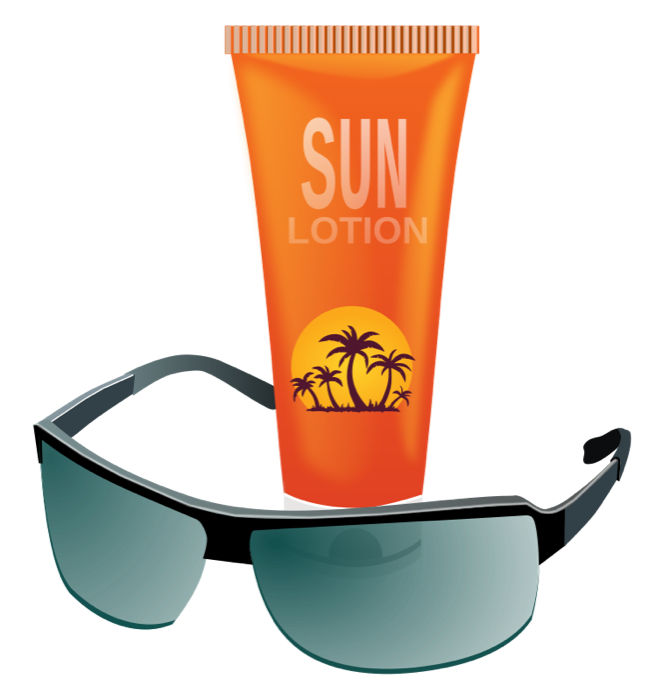Last Updated on January 30, 2020
 October marks the BeMedWise Program at NeedyMeds’ 34th Talk About Your Medicines Month (TAYMM). This is an annual opportunity to focus attention on the value that enhanced provider-patient communication about medicines can play in promoting safe and appropriate medicine use and improved health outcomes. Communication is a two-way street: consumers benefit from being proactive in asking questions and seeking information about their medicines, and healthcare providers in turn must be able to share medical information in a meaningful way that their patients are able to understand and act on.
October marks the BeMedWise Program at NeedyMeds’ 34th Talk About Your Medicines Month (TAYMM). This is an annual opportunity to focus attention on the value that enhanced provider-patient communication about medicines can play in promoting safe and appropriate medicine use and improved health outcomes. Communication is a two-way street: consumers benefit from being proactive in asking questions and seeking information about their medicines, and healthcare providers in turn must be able to share medical information in a meaningful way that their patients are able to understand and act on.
This year’s theme for TAYMM is Preventing Opioid Misuse and Abuse Across the Ages. Opioids are a class of drugs that act on certain receptors in the central and peripheral nervous system and are often prescribed to relieve acute moderate to severe pain. Opioids are used recreationally for their euphoric effects and long-term use can build a tolerance, meaning that increased doses are required to achieve the same effect, and physical dependence, meaning that abruptly discontinuing the drug leads to unpleasant withdrawal symptoms. A person with an addiction and a growing tolerance is at risk of experiencing an opioid overdose. Opioids were involved in 47,600 overdose deaths in 2017 (67.8% of all drug overdose deaths).
The opioid epidemic persists, whether you live in a large city, affluent suburb or rural community. On average, 130 Americans die every day from an opioid overdose. The dedicated TAYMM website features tips, fact sheets and a library of resources for patients, healthcare providers and caregivers, focused on preventing the misuse and abuse of opioid medications.
Tips include:
- How and why you should keep all of your medicines up and away and out of reach of your toddlers
- The important conversations you should have with your kids, teens, and college students about responsible medicine use
- How to recognize and resolve problems that may occur when an older adult you are caring for is prescribed an opioid medication.
Help protect your family and learn about the risks, responsibilities, safe use, storage and disposal of opioids. Responsible use includes learning about other treatment options and non-opioid alternatives that may be a better choice for either you or a loved one who are experiencing pain from an injury, medical condition, or surgery.
We encourage patients everywhere to talk to their doctors and/or their pharmacists about the medications they are taking, especially if they are taking prescribed opioid medications, about any questions or concerns they have. Be sure to take your medications as directed by your doctor and do not hesitate to discuss any side effects you may experience.




